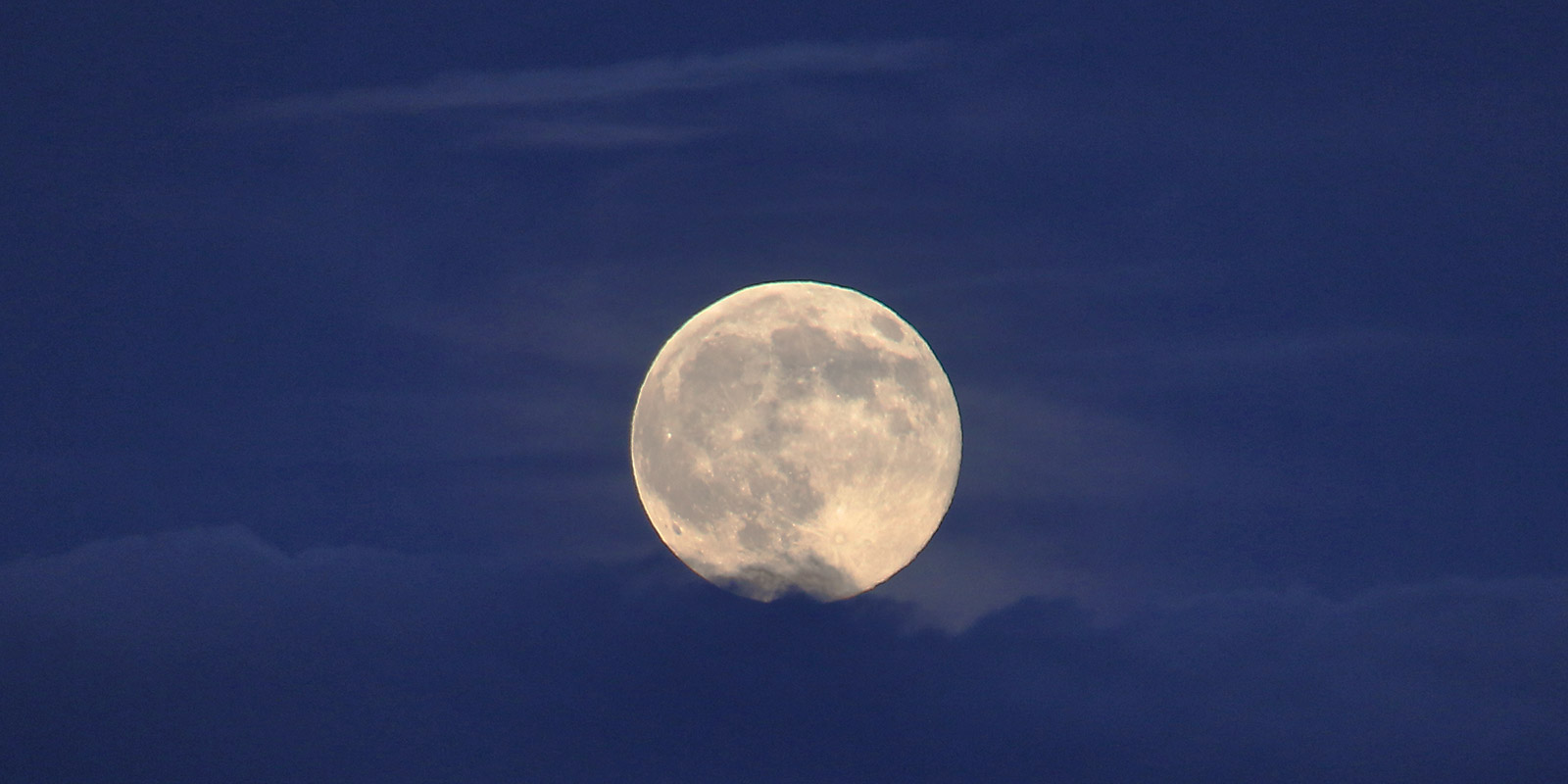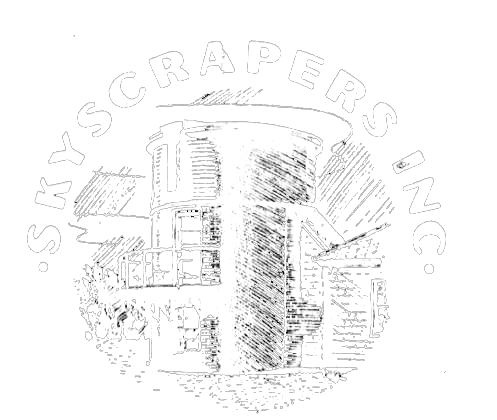
Astronomical Events Determine Easter Observance
April 2019 :
Note: This article may contain outdated information
This article was published in the April 2019 issue of The Skyscraper and likely contains some information that was pertinent only for that month. It is being provided here for historical reference only.
In simpler times our forefathers paid close attention to the clockwork motion of the heavens. One didn’t have to observe the sky for too long a period of time to notice the cyclic phases of the Moon, or the changing position of the Sun relative to the horizon over the course of a year. Nature provided a precise clock and calendar that could be used to determine when to celebrate special events.
It should therefore not be surprising that many religions observances would likewise be established in accordance with those same astronomical circumstances. Christians, for instance, observe Easter every year, but the date for the celebration changes. Since we can barely even remember birthdays and anniversaries that always occur on the same date, it’s time for me to enlighten you with the facts of how the date for Easter is determined.
Easter can occur as early as March 22 or as late as April 25. Why this range? The story began many moons ago when the Christian Church first developed. Since this holy day was determined in conjunction with Passover, Easter often fell on a weekday. However, in 352 CE the Council of Nicaea declared that it should always fall on a Sunday. They determined that Easter would fall on the first Sunday after the Full Moon on or next after the vernal equinox (spring—March 19, 20 or 21). However, if the Full Moon occurred on a Sunday, Easter is celebrated on the following Sunday. This scenario happened in 2001.
When I looked up the date for Easter 2019 (April 21) I immediately realized something was not right. When one has followed the motion of the heavens for as long as I have you can anticipate when and where events will happen. Being well aware of the “formula” for determining the date for Easter, I initially expected it would fall on Sunday, March 24.
Why? This year the vernal equinox was on Wednesday, March 20, at 5:58 p.m. EDT (Eastern Daylight Time). The Full Moon on or after that date occurred on the same day at 9:43pm EDT. Therefore, I calculated that Easter would be observed on the following Sunday, March 24, almost as early as it can be celebrated.
So why was my reasoning incorrect? Because of the fact that the vernal equinox date does vary, the Easter date depends on the “ecclesiastical approximation of March 21 for the vernal equinox” according to https://www.timeanddate.com. This stipulation holds true even if the vernal equinox falls on the 19th or 20th of March.
Considering this additional qualification using March 21 as the date for the vernal equinox, the next Full Moon after March 21 will be on April 19 this year. Therefore, Easter will be celebrated on Sunday, April 21
It is always a great day when you learn something new!



